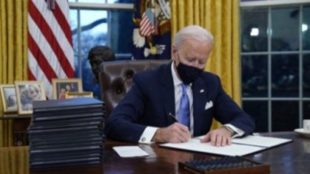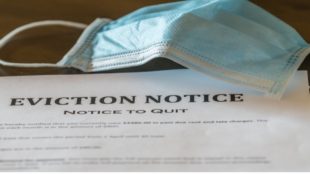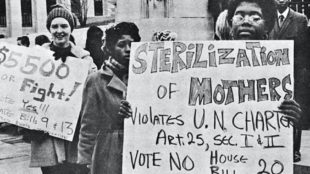Shallow Measures: International Regulation of Noise Pollution in Our Oceans
(Source) Recently, several researchers and scientists from all over the world released a survey in the journal Science consisting of over 500 studies done on the far-reaching effects of an everyday phenomenon: noise, specifically noise as a pollutant of marine ecosystems. According to the survey, the soundscape of our oceans is dramatically changing. Climate change has altered geophysical sources of noise, such as sea ice and storms, in addition to affecting populations of noise-producing marine animals. Furthermore, human involvement in the form of vessels, active sonar systems, energy and construction infrastructure, and seismic surveys – just to name a few – are generally on the rise. Depending on the water pressure and temperature, sound can travel for thousands of miles without decreasing considerably in energy. Although research has not yet definitively connected noise pollution with a higher mortality rate for marine animals, scientists are concerned about the long-term effects it could have on our planet’s oceans. All of this far-reaching, human-generated noise compromises the hearing ability of marine animals, which disrupts their normal behavior processes for finding food, mating and migrating, and communicating with each other. For example, in 2017 the Obama Administration considered the use of seismic airgun arrays [read more]










